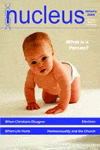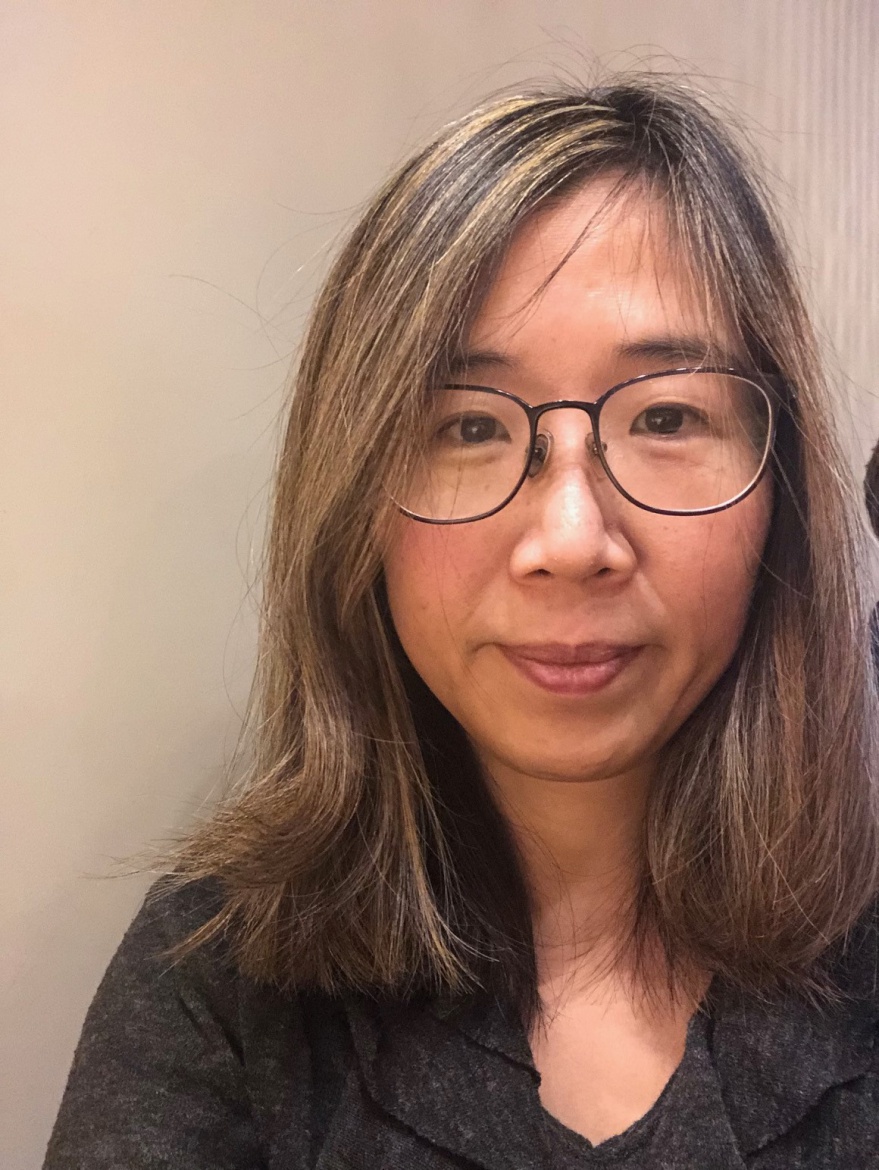After four years of studying medicine in south east London, I was looking forward to my elective. Electives are fantastic opportunities; not only can you learn about healthcare in other parts of the world, but you can also be a part of what God is doing in the most deprived areas and see what medical mission is really all about.
What did I do?
I spent an awesome four weeks in Nepal, working in Anandaban Leprosy Hospital with The Leprosy Mission.[1] Not only did I learn a lot about medicine and surgery; I was able to see for myself how a mission hospital functions and witnesses to the local community.
Anandaban's location is breathtaking, situated 5,500ft above sea level; mountains are everywhere you look and the Himalayas are in full view, only 20 minutes' walk away! The hospital itself has 110 beds, 90 for leprosy and 20 for general medical patients; there is also a very busy outpatient clinic.
During my time there I was part of the medical, surgical and social rehabilitation teams. I assisted in many reconstructive operations, including different procedures to correct the foot deformities that leprosy patients often suffer from. Straightening the fingers in a claw hand deformity facilitates a more normal appearance. It also enables a normal hands-together 'Nameste' greeting, which is so important in decreasing the social stigma that goes along with the physical disease.
Drugs remain the main approach for the management of leprosy. Leprosy is a highly curable condition if detected early. Patients may be given twelve or 24 months of treatment, receiving rifampicin and dapsone, with the option of adding clofazimine in more severe disease.
The hospital takes a whole-person approach to the management of leprosy. Social rehabilitation is provided for patients who are unable to work and support their family due to the effects of the condition. I joined the social rehab team, visiting the homes of patients who are being supported in various ways by the hospital. I met Priya (see photo) who was given a sewing machine by the hospital because her father has severe hand deformity from leprosy and cannot work. She now owns a tailor's store in the village and is able to support the whole family.
What did I learn?
It was inspiring to work in a hospital that dedicates itself to serving the deprived for the glory of God. Patients may walk a long way to reach the hospital, sometimes for three days, such is its reputation. Meeting different missionaries and seeing them living out their faiths was a real testimony. I saw how they had given up their comfortable lives at home, earning maybe a thirtieth of what they would have done, in order to serve those who need their help. I learnt more about mission than I ever could have done just from conferences and books.
There was an amazing atmosphere in the hospital. The morning started with a corporate prayer meeting, and all major surgery was preceded by prayers. There was a Nepalese service on a Friday evening, and I was constantly reminded that all work is done in the name of Jesus. I met patients who had turned to Christ because of the witness of the Christian staff; their own communities had rejected them, yet these kind strangers received them with such love. The interactions between the Hindu and Christian staff were very harmonious.
What did I struggle with?
The language barrier was hard to overcome. Fortunately the team all spoke English but many patients did not, so it was hard to build a good rapport with them.
Leprosy carries a huge amount of social stigma. Most Nepalese are Hindus and explain the existence of leprosy as punishment for wrongdoing in their past lives. Therefore friends, families and villagers (who normally provide the main support network) are often reluctant to help. This stigma leads to delayed presentation, which means that the disease is far more advanced and damaging.
Would I recommend an overseas elective?
Absolutely! My own elective has impacted me tremendously; electives can be a life-changing experience. They are a unique opportunity to experience healthcare overseas and see situations we would never encounter at home. They also enable us to get a taste of what medical mission is all about, to understand the needs of medical missionaries and to get a realistic picture of what it can be like. This helps us to test the water for future overseas service, either short or long term.
All UK medical students have an allocated elective period, so it makes sense to plan what you are going to do and make the most of it. There are lots of resources available to help you in this (see next page), so there's no excuse for not making good use of your elective!
Reference
- For further information see their website at www.leprosymission.org
Elective information
Peter Armon, the Overseas Support Secretary for CMF, is always ready to advise you on planning your elective and offering advice and support if you run into problems. He can be contacted at the CMF office or on [email protected]
Online information
Try the elective pages on the Healthserve website at www.healthserve.org. This site is soon to become CMF's overseas site when MMA Healthserve and CMF merge early in 2004. Both the electives booklets mentioned below are on the site together with recent reports from returning elective students.
You will also find lots of contact addresses on the Healthserve pages.
Another useful secular site to explore is www.electives.net
Booklets available from the CMF office
Preparing for your Elective updated November 2003. Contains lots of useful information about how to go about planning your elective. Includes a pull out supplement with addresses of mission and secular agencies, ICMDA member organisations and overseas mission hospitals as well as possible funding agencies.
Healthcare Elective Opportunities - updated October 2003. Contains lists of agencies and hospitals willing to take elective students. Also available on the Healthserve website.
The Travellers Good Health Guide. Written by CMF member Ted Lankester and published by Sheldon Press, 2002. Available from Interhealth on [email protected]
Elective days 2004
Leeds - Saturday 6 March at South Parade Baptist Church.
London - Wednesday 17 March at Partnership House, Waterloo Road.
Intended to provide you with useful information and a forum for questions and discussion, speakers include overseas workers and students who have recently returned from elective placements. Contact your student rep or Peter Armon for details.
Elective travel grants
MMA Healthserve offers grants to assist in meeting your elective travel costs. These grants will continue to be offered through the new overseas department of CMF following the merger of the two organisations.
Other useful secular books and pamphlets
The Essential Guide to ElectivesPublished by [email protected]
Electives Published by the [email protected] www.the-mdu.com
The Medics Guide to Work and Electives Around the Worldby Mark WilsonPublished by Arnold, 2000ISBN 0340760982
































